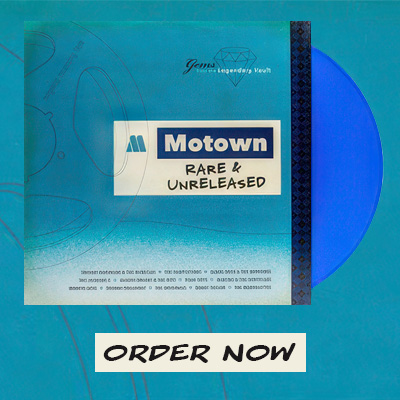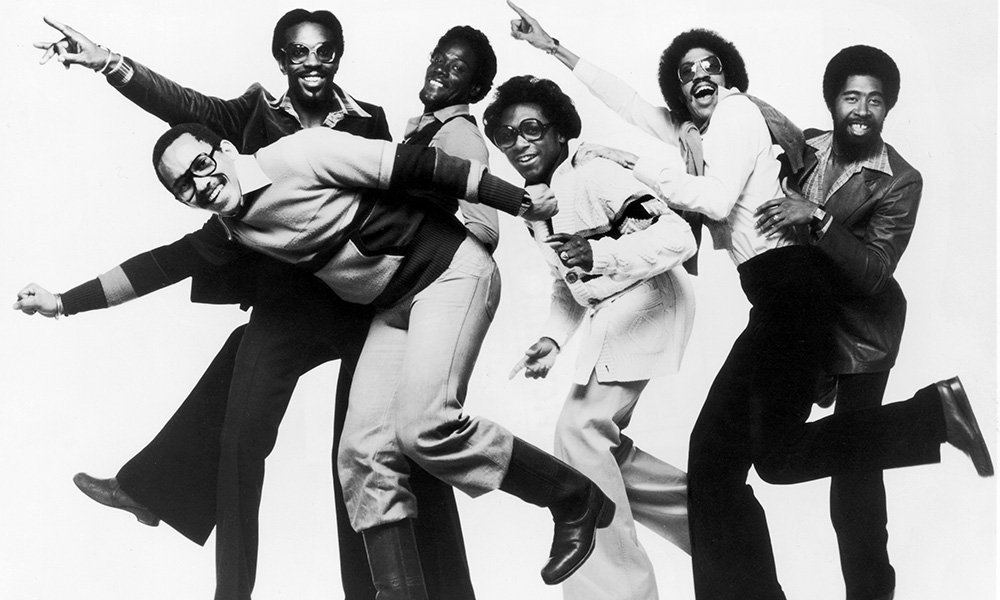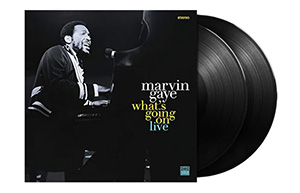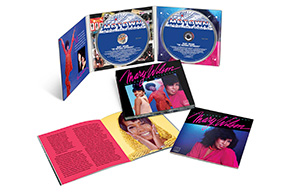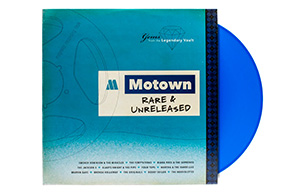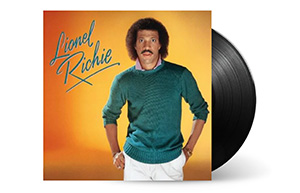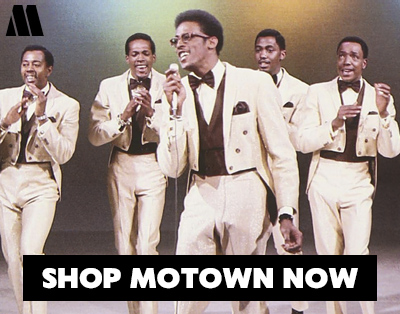The Commodores
The college graduates from Tuskegee, Alabama, educated millions worldwide with compelling hits, peerless musicianship and – step forward, Lionel Richie – classic American songwriting. Moreover, they are the only Motown act to place three consecutive albums into the Top 3 of the Billboard pop charts. Three times a charm!
FAST FACTS
- First Hit: “Machine Gun”
- Biggest Hit: “Three Times a Lady”
- Top Album: Commodores
- Career Highlight: They are nicknamed “the Black Beatles” for a while, such is their global popularity.
- The Commodores start earning their career credits while studying at the Tuskegee Institute, Alabama, and playing in various bands on campus. The line-up evolves with Walter Orange on drums, Thomas McClary on guitar, Milan Williams on keyboards, Ronald LaPread on bass, William King on trumpet and Lionel Richie on saxophone. In ’68, they play a variety of venues in New York, booked by Benny Ashburn, a liquor marketing man who aspires to be their manager.
- Benny gets gigs in other parts of the U.S. and Canada for his funky young clients, and a deal with Atlantic Records, too. They cut tracks with producer Swamp Dogg, but none disturbs the charts. Meanwhile, an up-and-coming Motown executive of Ashburn’s acquaintance, Suzanne de Passe, needs an act to open for the Jackson 5 on tour. Benny makes a successful pitch: the Commodores hit the road with the brothers, and sign to the record company’s new California label, MoWest, in mid-1971.
- The Commodores toil with an assortment of Motown producers, including Jeffrey Bowen, Gloria Jones and Pam Sawyer. The release of the band’s debut album is preceded by its hard-driving title track, “Machine Gun,” which goes Top 10 R&B at home – and Top 20 pop in Britain. (The instrumental is originally called “The Ram”; its final name is suggested by Motown founder Berry Gordy.) Benny Ashburn continues to build their international profile, and they win a prize at the prestigious Tokyo Music Festival in July 1975.
- That same year, the Commodores top the Billboard R&B charts with another piece of funk, “Slippery When Wet,” then dial down the tempo for a ballad written and fronted by Lionel Richie, “Sweet Love.” It is the group’s first major pop success, soon followed by another melodic Richie composition, “Just To Be Close To You.”
- Each of the Commodores contributes songs to their albums, and two group-written slabs of ’77 funk prove popular: “Brick House” and “Too Hot Ta Trot,” both featuring the lead vocals of Walter Orange. Another vital player in the band’s expanding circle of success is producer James Anthony Carmichael. Meanwhile, their relentless touring schedule draws fans in their tens of thousands, at home and abroad.
- During 1977-78, three consecutive Commodores albums reach the Top 3 of the Billboard pop charts, a unique achievement for a Motown act. They are Commodores, featuring “Easy,” a quasi-country ballad, and Natural High, home to the chart-topping “Three Times A Lady.” Sandwiched in between is a double-album, Commodores Live! More hit singles and albums follow, including a further two Richie love songs, “Sail On” and “Still.” Both come from the Midnight Magic LP, which occupies the Top 10 for 20 weeks.
- Broadening his portfolio, Lionel pens and produces for country crossover king Kenny Rogers, whose “Lady” reigns over the Hot 100 for six weeks at the close of 1980. The following summer, Lionel becomes the first artist in popular music history to appear in the Top 10 as composer, performer and/or producer of three simultaneous hits: Rogers’ “I Don’t Need You, the Commodores’ “Lady (You Bring Me Up),” and his own No. 1 duet with Diana Ross, “Endless Love.”
- Lionel is not the only Commodore associated with solo projects. Ronald LaPread produces 7th Wonder, as well as A Taste of Honey, the “Boogie Oogie Oogie” hitmakers, and Milan Williams works with country singer Stella Parton, sister of Dolly. Later, Thomas McClary steps into the studio with R&B vocal group Klique, producing their chart-riding “Stop Doggin’ Me Around.”
- In 1982, the group and Lionel finally, officially, part company after the tragic death of the seventh Commodore, manager Benny Ashburn. Thomas McClary also leaves, recording a solo album for Motown. To replace Richie, the band turns to James Dean (J.D.) Nicholas, a British musician formerly with Heatwave. In this new incarnation, the Commodores reach high in 1985 with “Nightshift,” co-written by Walter Orange as a compelling tribute to the late Marvin Gaye and Jackie Wilson.
- “Nightshift” returns the Commodores to the Top 3 of the pop charts and, perhaps better still, becomes their first and only Grammy® award win, as Best R&B Performance by a Duo or Group. More than 30 years on, the Commodores are still performing for fans, with founder members Orange and William King, and J.D. Nicholas. In concert, the nightshift never ends.




